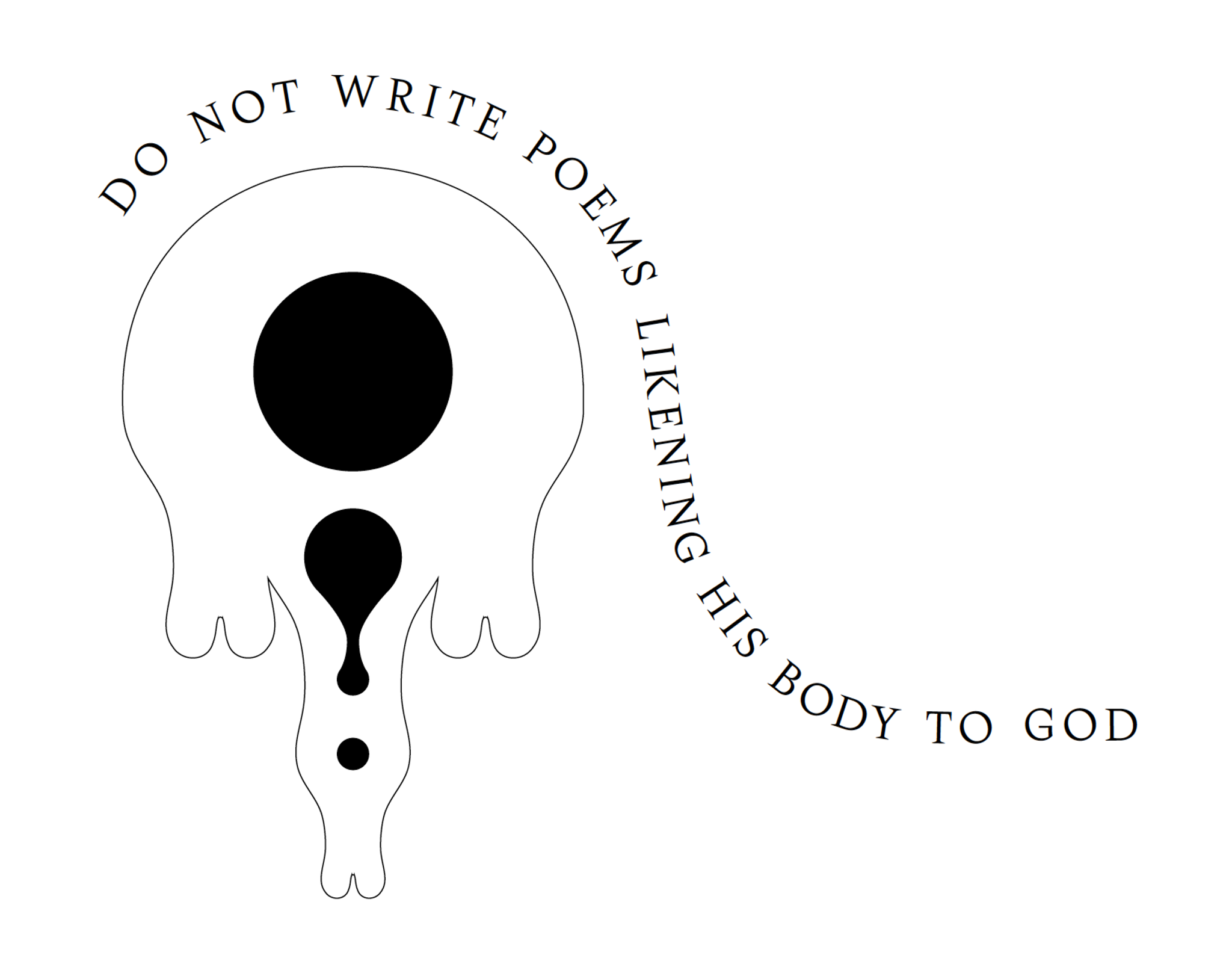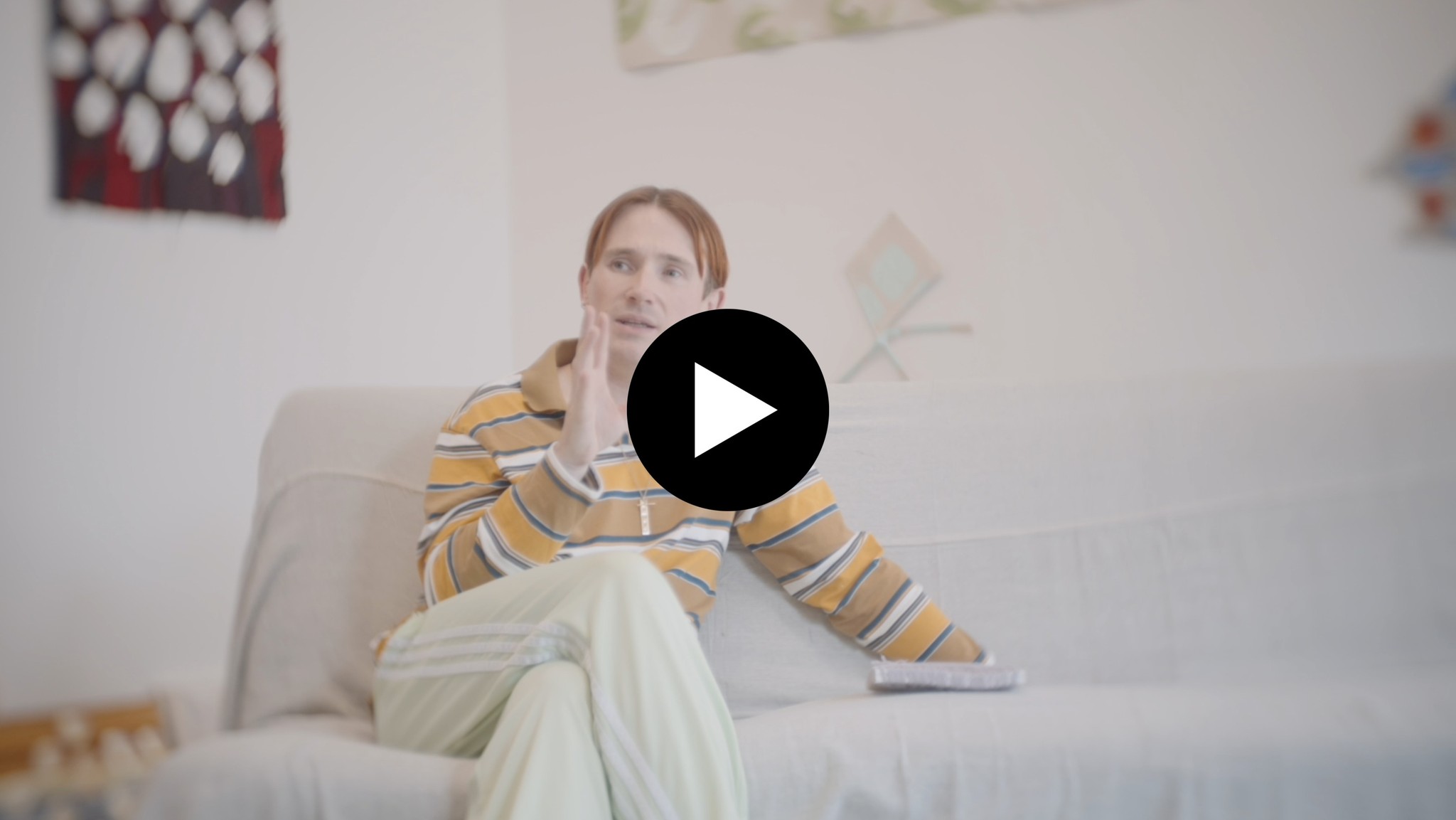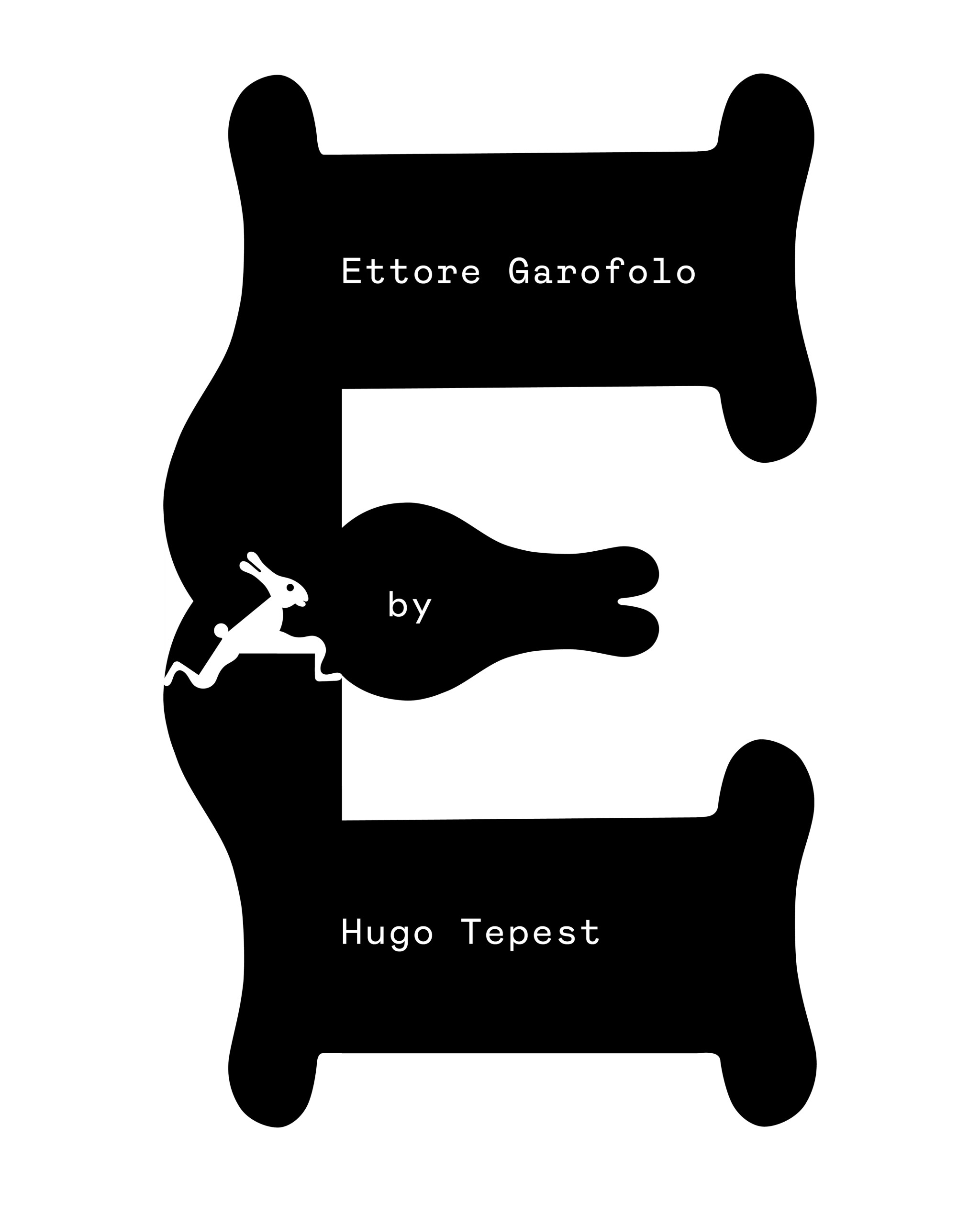Short
I, Supernova
by Brian Lin
Beyoncé opens for herself on the Renaissance World Tour. Ballads, callbacks, and covers, the set showcases the lineages and legacies of Black women. For twenty minutes, Bey lines up planets and stars, constellations.
One night, in a black dress with a trellis design, silver lines connecting crystals to form diamonds, she descends from a chrome piano. Fielding a demand from the audience for the visuals, this queen, her own jester—the biggest troll—says, You are the visual, baby.
Yes, gawd. Every time I’m outside, I turn a look. I style myself so people will see me. It’s not that I want the attention. I want to feel that I’m real. For others to gaze out and see signs of my life.
I’ve moved through so much space like dark matter: hypothetical, implied, unexplainable. I’m still an unidentified object from Taiwan, warded off by scarecrows of white kids.
I’m still Lee Lee, Panda, every nickname. I’m still I don’t think of you as Asian. I am still Ronnie Kim, the only person who’s called me chink to my face.
I’m still the son my parents sent 'cross the Pacific, setting me on a different course, out of orbit.
I coped by cutting through every crowd as a figure so wildly alone. I avoided exclusion and judgment that way. I made myself nobody first. Cycling between masc and femme, neither Black, white, nor brown, I’ve been a body so funny and gray. Disappeared in interstitial space.
So I buy exorbitantly nice things. I long for a semblance of significance. Doing the most, I force myself into sight. Nowadays, I’m either glittering or ghostly. A disco ball, staying alive, whatever the cost.
After the opening set, the time of our lives is reborn in blackness. Seventy thousand people wearing silver watch the creation of the cosmos on screen. In place of sun, there is Mother. Framed like a sculpture—a bust. Brown skin girl, she is golden, solar in her own right. Eyes closed, she tilts back her head, summoned by something alien and holy.
“RENAISSANCE,” it reads on the big screen, the font wet and shimmering like mercury.
The prelude continues. Now on her side, fully nude, Beyoncé is star child, gestation. Chrome plates her whole body—protection. Behind her gleams a metropolis.
A series of statues of the queen—the last, a robot on her back, legs spread. Between, a tunnel, a track. It delivers us to Bey in the flesh, costumed as femme bot, otherworldly.
The screen turns black. The stage is pulsing white light. The album’s opening sample lands on us like a shadow. These motherfuckers ain’t stopping me.
A cloud-gray grate moves aside. It reveals Mutha, encased in chrome plates, custom Mugler. A dancer pulls a lever. Bey is released from the suit, piece by piece. Freed, she stomps down a staircase like a haute-couture runway. She takes her place in the middle of the stage.
She crosses her arms at the wrist over her head. This is the definitive pose of the opening act in a once-in-a-lifetime trilogy, her every move a media eclipse.
Welcome to the Renaissance, she says, alone on stage, brightest body.
She’s the sun, the moon, every star—the light that lights up the night, turning me on and setting me free.
RENAISSANCE teaches me to short-circuit overthinking and go supernova. It’s as physical as pulling a lever. Any time I flub a line in the car—stilettos kicking vintage crystal off the bar—I stop myself from trying to remember. That’s the trick: jetting out of my head.
I went astral at the shows in LA. On night two, while my partner and I hobbled out of the pit in heels, a woman who was working security told me that I had given her life. The night before, I danced with my man on the stage as if nobody was watching. I was shirtless, my pants Gucci, metallic.
I of seasonal shame about my body, fears of exposing the fat at my waist.
I of the perennial worry I’m un-personable. That I don’t register as a person at all.
Beyoncé, a whole pantheon, and Asian men, the opposite of iconic, are said to lack personality. Zoom out. Asian men and Black women are the base of America’s pyramids of desire.
When Beyoncé’s released from that suit, I see how I appear in the world and the way her music transforms me. Something comes over. Everything lets go. At my most instinctive, embodied, unbothered, I’m sex. I’m play. I am rhythm. I’m everything it’s assumed that we’re not.
I feel shame as an East Asian man. Anti-affirmative action. Anti-women, anti-Black—anti-solidarity. Lone wolves who stand for nothing but hard work, men’s rights, other nonsense.
If not shame, I feel mortified. Our clothes suggest no effort or desperately much. Our bodies are islets or mounds. Our hair flares out like palm trees; it’s parted like Mad Men, Proud Boy. We are simulacra of simulacrum.
A close encounter with us feels like skirting the blast radius of a long-past evisceration.
In LA, when I spot one of us who feels radiantly alive—baker, bartender, brand director, his arc in the world all his own—I feel a comfort, gravitational pull.
From their brightness of being, I alight on myself. They form a constellation of men that guides my body in the world. By their light, I matter so truly. No copy. No ruins. My own sun.
Everything next to me gets lit up too.
Let me build worlds in my image like a queen.
I owe this abundance of life to house mother.
I’m riding off into sunset like—










